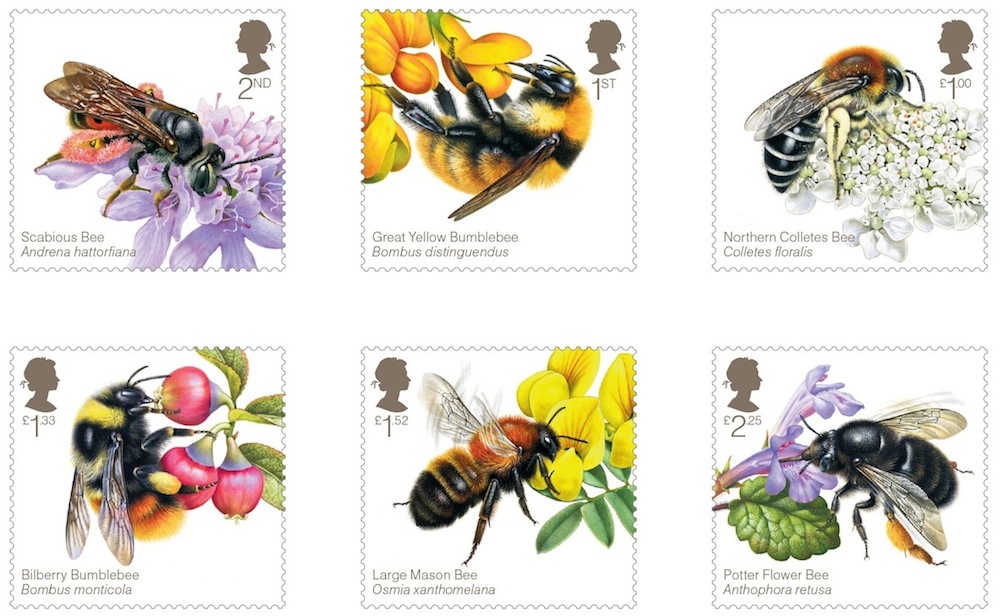One of the most dangerous pesticides, neonicotinoids, has been found in drinking water, a new study reveals. Neonicotinoids, most of which were released in the 1990s, were designed to be the most environmentally-friendly chemicals on the market and soon became the most widely used, especially in the Midwest. The compounds don't just coat leaves and stems but work their way into plant tissue, meaning fewer sprays are needed. But the neonics, as they are nicknamed, became reputable for being something else - a bee killer, wreaking havoc on insect nervous systems. A 2016 study suggested a link between neonicotinoid use and the drop in the bee population that was foraging on the crops treated with the pesticide.
A year prior, the US Geological Survey collected water samples from streams throughout the country and found neonicotinoids in more than half of the samples. The current joint-study, from the US Geological Survey and University of Iowa, found the chemicals in drinking water as well. The researchers say it marks the first time that anyone has identified this class of pesticide in tap water.
The team tested water as it went through two different water treatment systems. They found that a system serving Iowa City, which uses granular activated carbon filtration that dissolves organic compounds, removed 100 percent, 94 percent and 85 percent of the neonicotinoids clothianidin, imidacloprid and thiamethoxam, respectively. But the rapid sand filtration system serving the University of Iowa, which uses relatively coarse sand and other granular media to remove particles, reduced the same substances only by about one percent, eight percent and 44 percent, respectively.
Regulators have not yet defined safe levels of neonicotinoids in drinking water, in part because researchers are currently working to understand if and how the compounds impact human health. 'There is no EPA standard for drinking water,' Dr LeFevre said. Dr Melissa Perry, a public health researcher at George Washington University, told The Washington Post that the new study 'provides further evidence that neonicotinoid pesticides are present in our daily environments'. 'From a public health standpoint, this issue clearly needs better attention,' she added.
Because the study had a small sample size, Dr Perry says more comprehensive assessments are needed to detect how prevalent neonics are in national water supplies. 'There is currently no national effort to measure to what extent neonicotinoids are making it into our bodies, be it through water or food,' she said.
Read more: http://www.dailymail.co.uk/health/article-4383216/Harmful-farm-pesticid…

- Login om te reageren
